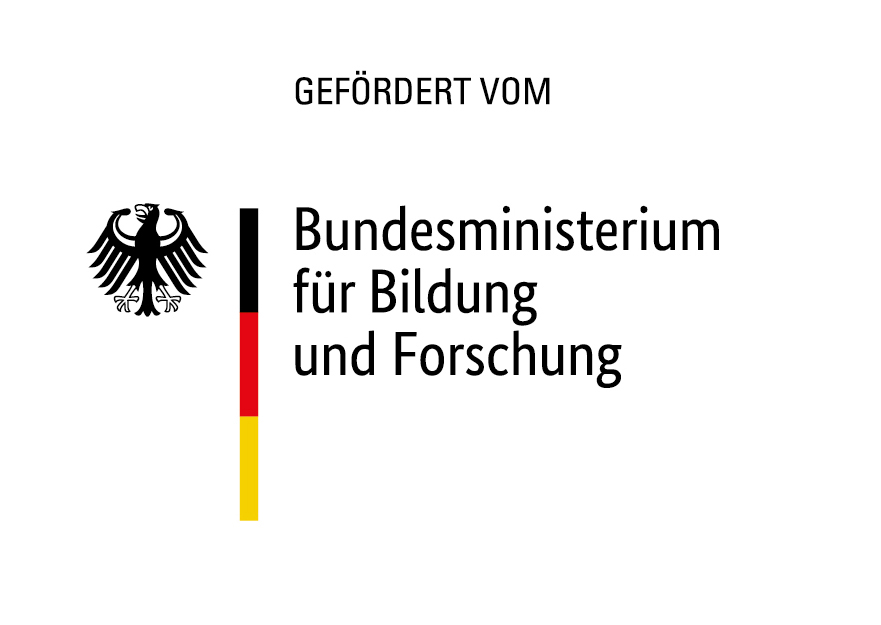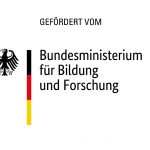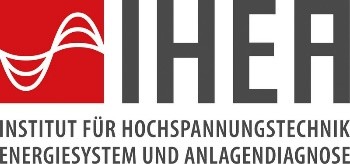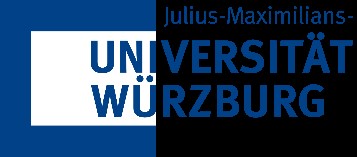BMBF-Project: Klimapakt2030plus
BMBF-Project: Klimapakt2030plus – Energy transition in the Nuremberg metropolitan region, subproject EMN_SIM
In the BMBF project Klimapakt2030plus, subproject EMN_SIM, a model for the analysis of the sector-coupled energy system of the European metropolitan region of Nuremberg will be developed in order to analyze the energy flows between the municipalities of the region and to identify potentials as well as to evaluate effects of measures for the realization of the energy transition.
Support code: 01UR2220F
Term: 01.12.2022 – 30.11.2027

DLR Projektträger

Federal Ministry of Education and Research
Individual projects in the program Research for Sustainability (FONA), funding focus Social-Ecological Research
Metropolitan regions represent a special potential for the implementation of the energy transition due to their large-scale interconnectedness and the different structures of urban and rural areas. Through the cooperation of municipalities, energy suppliers and society on the level of metropolitan regions, projects and measures for the development of the energy transition and thus for the achievement of climate goals can be successfully and optimally planned and implemented. The aim of the Klimapakt2030plus project is to implement and scientifically accompany the processes of developing the energy transition in the European Metropolitan Region of Nuremberg. Among other things, a simulation model of the metropolitan region is being developed for this purpose as part of the EMN_SIM subproject.
In the EMN_SIM project, a model of the coupled energy system will be developed in cooperation with the partners from computer science and electrical engineering, consisting of the submodels of the energy sectors electricity, heat and transport. The model will describe the entire metropolitan region at a detailed spatial resolution. High temporal resolution simulations will be performed with the model to identify consumption and generation focal points of the metropolitan region, as well as to analyze the energy flows and the potential for energy exchange between the sub-regions. With the help of the simulation model, possible measures for the development of the energy transition in the metropolitan region are to be evaluated depending on technical, economic and ecological criteria. Thus, the simulation model shall be a tool for all actors and decision makers of the energy transition, as well as support the communication between the actors and their decision making. Further information about the model can be found here.
The Chair of Energy Process Engineering is modeling the heating sector of the metropolitan region. The different heat consumers (residential, commercial, industrial) are to be modeled in a differentiated manner as well as their different energy carrier demands. In this way, focal points of consumption can be identified and their interaction with neighboring structures can be evaluated as a basis for decisions on the implementation of measures.
Contact person:
Department of Chemical and Biological EngineeringNatalia Luna-Jaspe, M. Sc.
Lehrstuhl für Energieverfahrenstechnik





